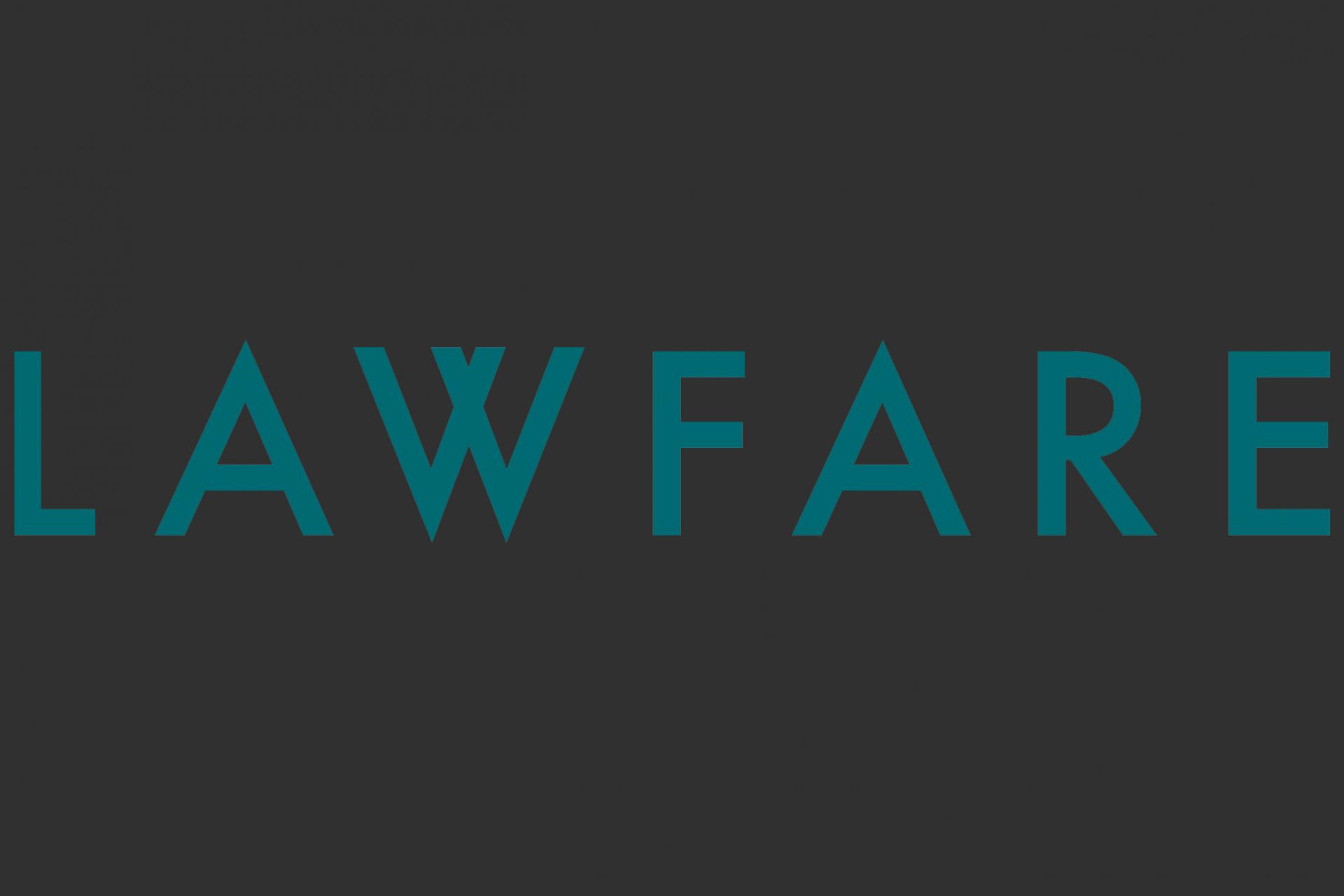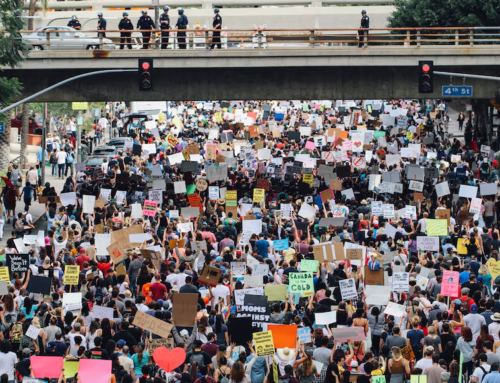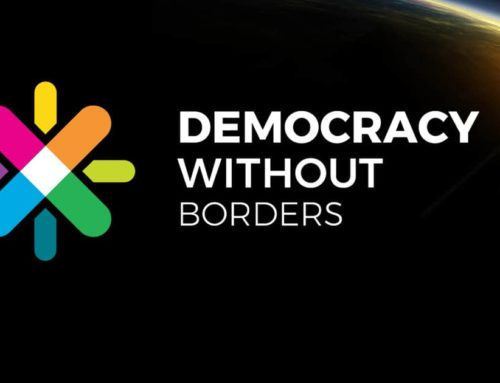Second, a coordinated global democracy network is needed. This could be done through the Summit for Democracy framework, a broad coalition of democracies gathered by the Biden administration in December 2021, or other existing global institutions and initiatives. Or perhaps through the establishment of a new commission of democracies, including civil society actors, to provide collective security and early warning systems. It could address democracies’ economic and energy dependencies on autocracies, working together, for example, to offset energy needs and support clean energy alternatives. The U.S. is now, for example, looking to Saudi Arabia—an autocratic country bombarding civilians in Yemen—to make up for Russian oil. Coordination efforts are also needed to ensure accountability for autocratic actors, such as network countries implementing a Global Magnitsky Act.
A network could also formulate a task force on donor engagement to ensure large supporters of democracy assistance, such as the U.S. Agency for International Development (USAID), the European Union, and the U.N. Development Program (UNDP), are better coordinating their strategies. Too often aid agencies duplicate efforts or inadvertently work at cross-purposes when they should be sharing best practices, developing programs that build on one another, and ensuring efficient use of funds. There is also a need for a clearinghouse of successful democracy initiatives to build communities of practice to guide others.




